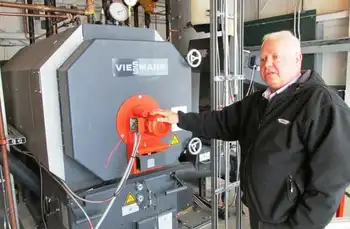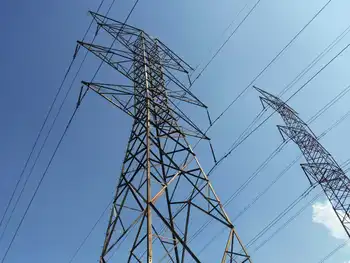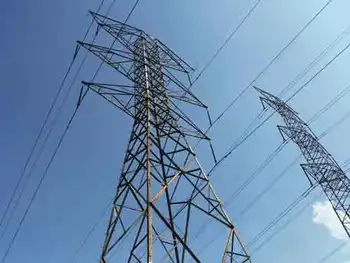Plantation Energy signs contract with Electrabel for fuel pellets
By Industrial Info Resources
Substation Relay Protection Training
Our customized live online or in‑person group training can be delivered to your staff at your location.

- Live Online
- 12 hours Instructor-led
- Group Training Available
Under the agreement, worth $51.9 million, Plantation Energy will manufacture the pellets in Albany, Western Australia, for export to Belgium, where they will be used in Electrabel's renewable energy power stations. Although no figures have been officially released on the amount of pellets involved in the contract, the monetary value of the contract and the index price for wood pellets suggests that the contract would involve more than 286,000 tons of pellets.
Electrabel emphasizes environmental considerations and sustainable development in its power-generating activities, with more than half of its generating facilities being carbon-dioxide free. In 2002, the firm decided to convert a 50-year-old, 80-megawatt (MW) coal-fired power station at Les Awirs, near Liege in Belgium, to run solely on biomass fuel. The modified plant uses about 350,000-400,000 tons of biomass per year and produces around 570 gigawatts of thermal energy each year.
Plantation Energy set up its first pellets-producing plant in a designated timber-processing area, about 15 kilometers from Albany, close to an existing woodchip operation. The unit has access to the exporting facilities at Albany's port, which is a major exporter of woodchips for the Pulp, Paper and Wood Industry. In addition to the pellets manufacturing plant, Plantation Energy intends to construct storage and export facilities in Albany. When the plant is fully operational, it is expected to export more than 250,000 tons per year of pellets.
Another pellets plant will be established in Mount Gambier, South Australia, with construction planned to start in September 2009 at an estimated cost of $19 million. The plant is expected to produce 250,000 tons per year of pellets. Plantation Energy is also considering other sites in Victoria, New South Wales, Queensland, the Northern Territory, Tasmania and New Zealand for setting up additional plants.
Europe has a growing market for wood pellets in both the industrial and domestic sectors. This demand comes largely from environmental issues, but also factors such as the high price of oil used in power and heat producing stations. The total European consumption of wood pellets exceeded 8 million tons in 2008 and is expected to reach 16 million tons by 2014. In Sweden, the largest producer and consumer of wood pellets in the world, around 2.1 million tons of wood pellets were consumed in 2008, compared to 1.4 million tons in 2006. Italy, Denmark and Belgium are also high consumers of wood pellets. Demand is rising substantially in the United Kingdom, Germany and Austria.
Wood pellets are considered to be very environmentally friendly. In addition to having a low carbon footprint, wood pellets emit low levels of nitrous and sulfurous oxides compared to other combustibles. Combustion of biomass material such as wood pellets releases the same amount of carbon dioxide into the atmosphere as that accumulated by the source plant during its growth. Wood pellets have an energy content of 4.7-4.9 megawatt-hours per ton. Modern high-efficiency woodstoves and boilers are capable of achieving a combustion efficiency of up to 90%.











